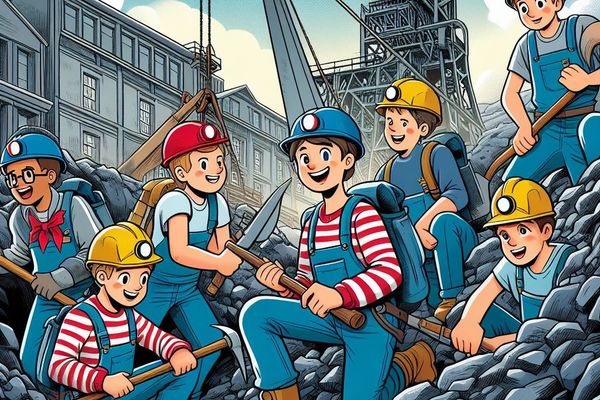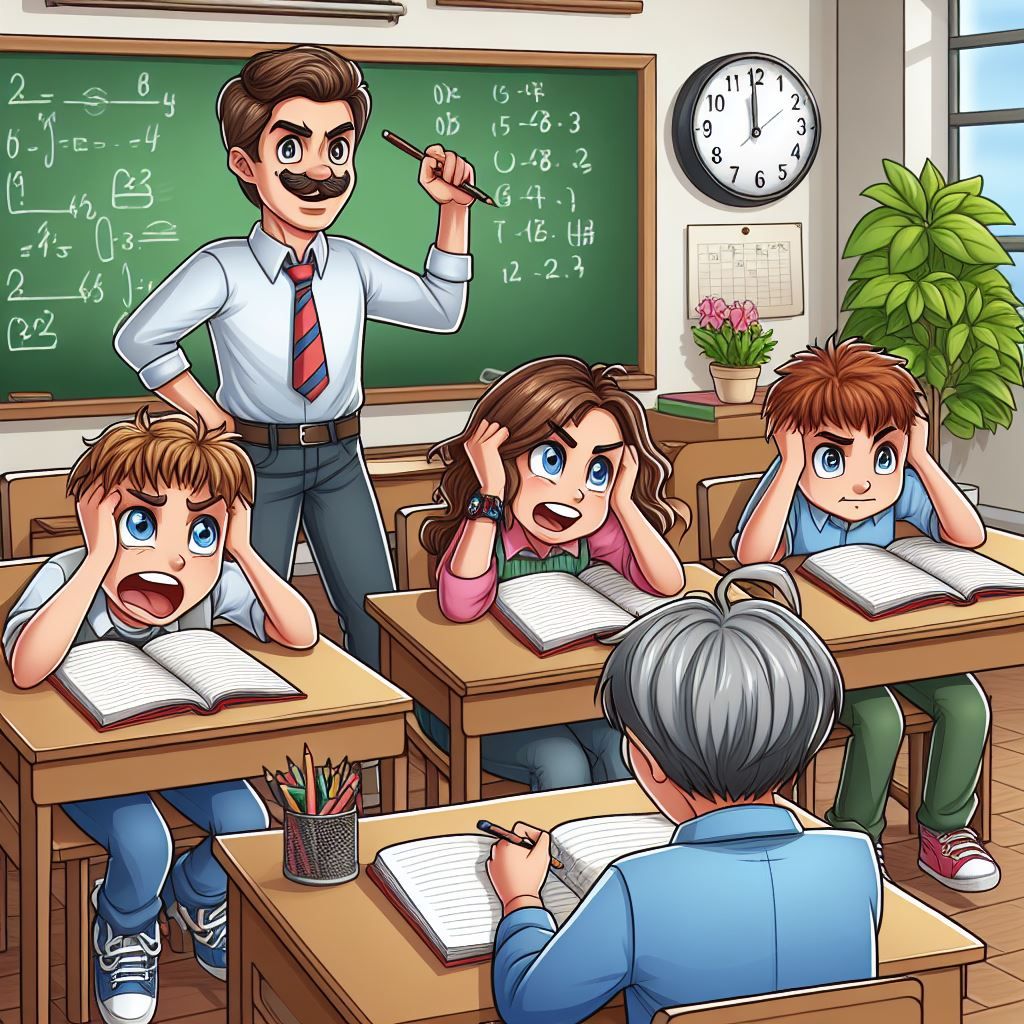
What are French Preparatory Schools?
In the heart of France’s educational system lies a rigorous and demanding program known as Classe préparatoire aux grandes écoles (CPGE), commonly referred to as “prépas.” These two-year intensive courses serve as a gateway les “grandes écoles”, which are engineering and management schools.
As far as I know this system is uniquely French and few people outside France know about it. Since I am a former student working abroad, I like to talk about it from time to time, it’s quite a fascinating journey.
How to get there and why?
CPGE programs are part of the French post-secondary education system. They are typically offered within high schools and cater to students who have successfully completed their baccalauréat (high school diploma). You need to be referred by your teachers and be accepted by your desired schools. They all have various rankings based on their results.
The whole purpose of these schools is to prepare (hence the name) for competitive entrance exams to the grandes écoles.
The three different streams
- Scientific: focused on mathematics, physics, engineering, and chemistry, this stream prepares students for engineering schools and scientific grandes écoles. There is a dedicated sub stream for biology.
- Economics: geared toward economics, business, and social sciences, this track readies students for business schools.
- Literary: for literature enthusiasts, this stream emphasizes humanities, philosophy, and literature, paving the way to literary grandes écoles.
I joined one of the scientific streams focusing on mathematics/physics/engineering, called MPSI. I’ll focus on this one for the rest of the article.
The Intense Workload

CPGE students face one of the highest workloads in Europe. With 29 to 45 contact hours per week, including guided tutorials and oral exam sessions, they immerse themselves in rigorous study. The typical week in MPSI looks like that:
- Mathematics: 12 hours
- Physics: 8 hours
- Chemistry: 2 hours
- Engineering: 2 hours
- Computer science: 1.5 hour
- French: 2 hours
- First foreign language: 2 hours
- Physical education: 2 hours
- Second foreign language (optional): 2 hour
That’s about 40 hours / week, but you also have other options/topics in the second trimester.
On top of that lies the more intense part of the CPGE: the constant examinations. You add these:
- At least 4 hours of written exam / week.
- 2-3 hours of oral exam / week, the infamous khôlles
And if you’re not a genius, you can add 3-5 hours of homework every day. Most of the teachers are really intense and you are expected to have processed everything, every day. There are no do-overs.
The khôlles, aka the weekly oral exams

It usually goes like that for the scientific topics:
- 3 students facing a teacher, does not have to be your regular teacher
- The teacher asks each student a random question about last week classes
- The exam does not continue until you finished the first question, then you get a passing grade
- Then the teacher asks you the hard questions where you need to use your brain for all the bonus points
- The final grades depend on how well the other two students did. If they did much better than you, your score will actually be lower to reflect that
French/English are a bit different and usually simpler.
It’s probably the most challenging part, at least for me, as you need to be completely ready and there is a huge time pressure. It gets even worse when you see your friends doing very well next to you.
Exam time!
So what’s the point of this system? After two years you are required to pass entrance exams for various engineering or business schools. Their difficulty varies widely, and the most competitive ones are extremely selective.
First there is a barrage of written exams during 4-6 weeks, then you patiently wait for the results. Depending on them, you start the second part of the exams, which are all oral. Same principle as the khôlles except any topic from the past two years can be covered, and you are all alone in front of the examiner.
At the end, after a couple of stressful weeks you finally get your score, and most importantly your rank. Depending on that, you will be able to join schools on your wishlist.
It’s possible to do again the second year on special cases, but you will need approval from your teachers. To balance the extra time they have to prepare, these students (called 5/2, it’s a long story) will have penalties on their scores during the entrance exams.
Conclusion
That’s quite a basic overview of the system. It’s very unique and it was probably the two toughest years of my life. But it’s also an incredible opportunity as you are pushed by extremely talented teachers, brilliant students and exciting prospects.